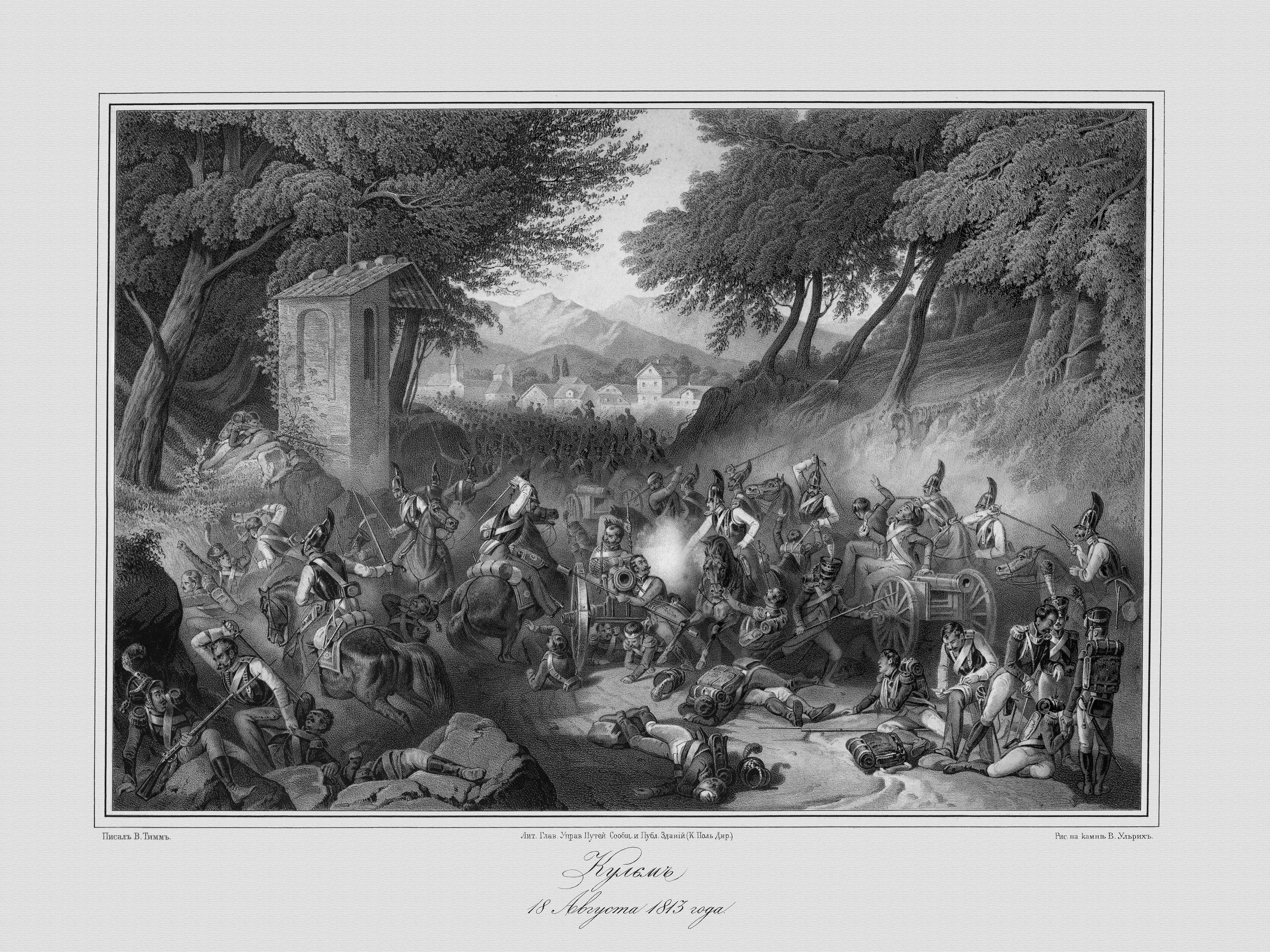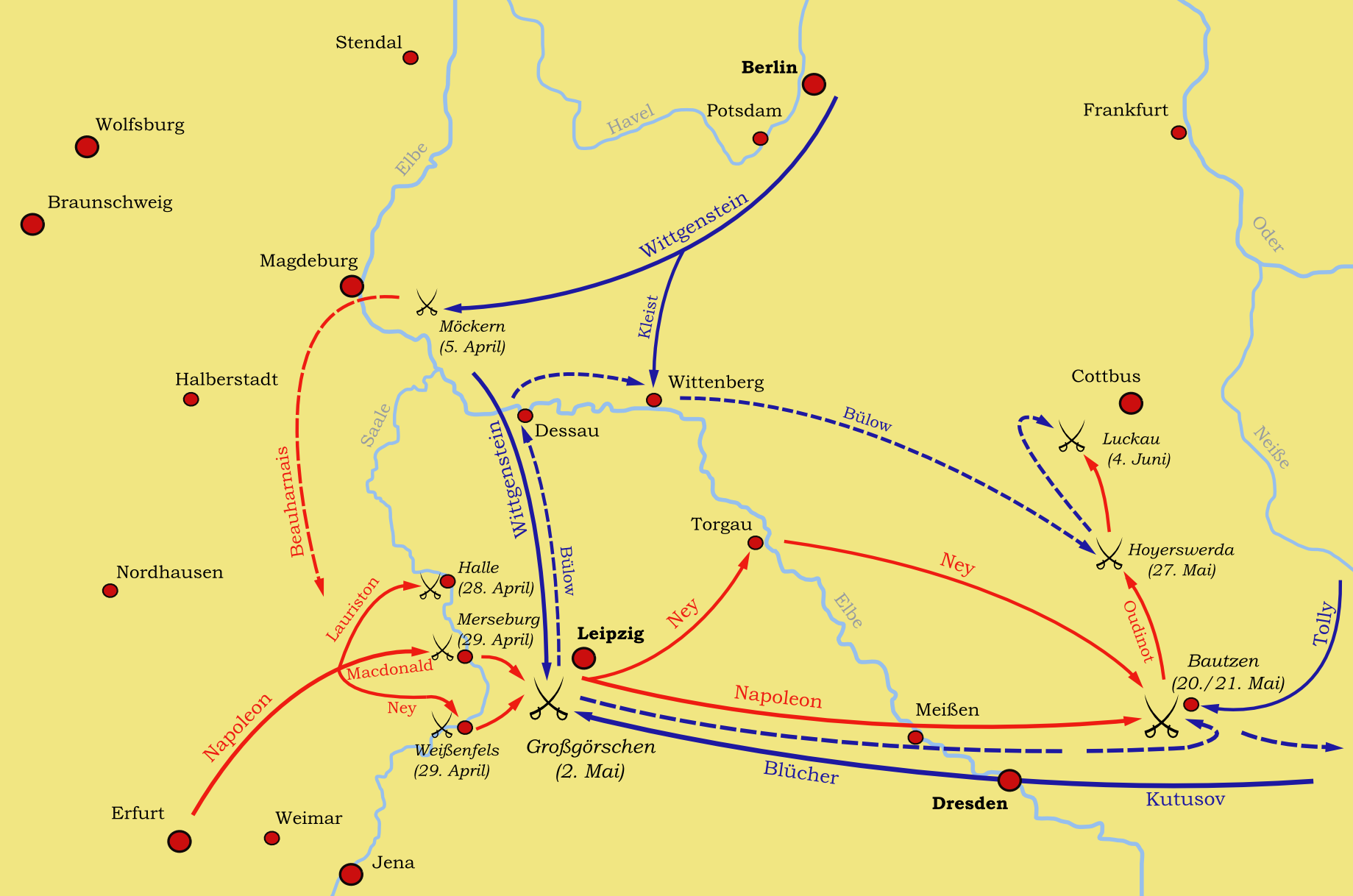|
Friedrich Wilhelm Leopold Konstantin Quirin Von Forcade De Biaix
Friedrich Wilhelm Leopold Konstantin Quirin Freiherr von Forcade de Biaix, aka ''Friedrich Wilhelm Leopold Konstantin Quirin von Forcade de Biaix'',Zedlitz-Neukirch, Band 4, Page 39(in German)/ref>Blažek, Part 3, pp. 131–13(in German)/ref> Herr of Schleibitz, Hamm, Groß-Naedlitz and Loslau, aka the ''Baron von Forcade'', ( – ),Zedlitz-Neukirch, Band 2, Page 18(in German)/ref> Royal Prussian Major, Knight of the Iron Cross 2nd Class1839 Handbuch über den Königlich Preußischen Hof, Page 1(in German)/ref> on 26 August 1813, knighted by His Majesty Frederick William III of Prussia as Knight of the Order of Saint John (Bailiwick of Brandenburg) (''Balley Brandenburg des Ritterlichen Ordens Sankt Johannis vom Spital zu Jerusalem'') in 1817, Royal Prussian Chamberlain (''Kammerherr'') and Castellan (''Drost'') of Neuenrade in the County of Mark, after his father's death in 1808. He was also a publisher, author, and theater director. Military career Born in Br ... [...More Info...] [...Related Items...] OR: [Wikipedia] [Google] [Baidu] |
Brzeg
Brzeg (; Latin: ''Alta Ripa'', German: ''Brieg'', Silesian German: ''Brigg'', , ) is a town in southwestern Poland with 34,778 inhabitants (December 2021) and the capital of Brzeg County. It is situated in Silesia in the Opole Voivodeship on the left bank of the Oder river. The town of Brzeg was first mentioned as a trading and fishing settlement in the year 1234. In 1248, Silesian Duke Henry III the White granted the settlement Magdeburg town rights and by the late 13th century the city became fortified. Sometimes referred to as “the garden town”, the town's size greatly expanded after the construction of dwelling houses which were located on the city outskirts. From the early 14th to late 17th centuries, the town was ruled by the Piast dynasty as fiefs of the Bohemian Crown within the Holy Roman Empire. Later, as the result of the Silesian Wars, the town became Prussian. After the border shifts of 1945, the town's German populace was expelled and the town became part of P ... [...More Info...] [...Related Items...] OR: [Wikipedia] [Google] [Baidu] |
Iron Cross
The Iron Cross (german: link=no, Eisernes Kreuz, , abbreviated EK) was a military decoration in the Kingdom of Prussia, and later in the German Empire (1871–1918) and Nazi Germany (1933–1945). King Frederick William III of Prussia established it on 17 March 1813 during the Napoleonic Wars (EK 1813). The award was backdated to the birthday (10 March) of his late wife, Queen Louise. Louise was the first person to receive this decoration (posthumously). Recommissioned Iron Cross was also awarded during the Franco-Prussian War (EK 1870), World War I (EK 1914), and World War II (EK 1939). During the 1930s and World War II, the Nazi regime superimposed a swastika on the traditional medal. The Iron Cross was usually a military decoration only, though there were instances awarded to civilians for performing military functions, including Hanna Reitsch, who received the Iron Cross, 2nd class, and Iron Cross, 1st Class, and Melitta Schenk Gräfin von Stauffenberg, who received ... [...More Info...] [...Related Items...] OR: [Wikipedia] [Google] [Baidu] |
Battle Of Quatre Bras
The Battle of Quatre Bras was fought on 16 June 1815, as a preliminary engagement to the decisive Battle of Waterloo that occurred two days later. The battle took place near the strategic crossroads of Quatre Bras and was contested between elements of the Duke of Wellington's Anglo-allied army and the left wing of Napoleon Bonaparte's French ''Armée du Nord'' under Marshal Michel Ney. The battle was a tactical victory for Wellington (as he possessed the field at dusk), but because Ney prevented him going to the aid of Blucher's Prussians who were fighting a larger French army under the command of Napoleon Bonaparte at Ligny it was a strategic victory for the French. Prelude Facing two armies (Wellington's arriving from the west and the Prussians under Field Marshall von Blücher from the east), Napoleon's overall strategy was to defeat each in turn, before these forces could join. Napoleon intended to cross the border into what is now Belgium (but was then part of the Uni ... [...More Info...] [...Related Items...] OR: [Wikipedia] [Google] [Baidu] |
Waterloo Campaign, 8–15 June
The Waterloo campaign commenced with a pre-emptive attack by the French Army of the North under the command of Napoleon Bonaparte. The first elements of the Army of the North moved from their peacetime depots on 8 June to their rendezvous point just on the French side of the Franco-Belgian border. They launched a pre-emptive attack on the two Coalition armies that were cantoned in Belgium—the Anglo-allied army under the command of the Duke of Wellington, and a Prussian army under the command of Prince Blücher. Hostilities commenced shortly after the French advanced guard crossed the border and encountered the first Coalition outposts manned by soldiers of the Prussian I Corps ( Zieten's) around 03:30 on 15 June. For the rest of the day the I Corps engaged in a fighting retreat against the overwhelming force of the French Army of the North. By midnight of 15/16 June the French had advanced north and through Charleroi and in doing so successfully crossed the river Sambre, th ... [...More Info...] [...Related Items...] OR: [Wikipedia] [Google] [Baidu] |
War Of The Seventh Coalition
War is an intense armed conflict between states, governments, societies, or paramilitary groups such as mercenaries, insurgents, and militias. It is generally characterized by extreme violence, destruction, and mortality, using regular or irregular military forces. Warfare refers to the common activities and characteristics of types of war, or of wars in general. Total war is warfare that is not restricted to purely legitimate military targets, and can result in massive civilian or other non-combatant suffering and casualties. While some war studies scholars consider war a universal and ancestral aspect of human nature, others argue it is a result of specific socio-cultural, economic or ecological circumstances. Etymology The English word ''war'' derives from the 11th-century Old English words ''wyrre'' and ''werre'', from Old French ''werre'' (also ''guerre'' as in modern French), in turn from the Frankish *''werra'', ultimately deriving from the Proto-Germanic *'' ... [...More Info...] [...Related Items...] OR: [Wikipedia] [Google] [Baidu] |
Battle Of Laon
The Battle of Laon (9–10 March 1814) was the victory of Blücher's Prussian army over Napoleon's French army near Laon. During the Battle of Craonne on 7 March, Blücher's army was forced to retreat into Laon after a failed attempt to halt Napoleon's east flank. Along the way to Laon, reinforcements from Russian forces under Ferdinand von Wintzingerode and a Prussian corps led by Friedrich Wilhelm Freiherr von Bülow joined the defensive. Blücher opted to face Napoleon at Laon because it was the site of a strategically important road junction, and because of its highly defensible position. Prelude An Allied coalition attempted to complete the destruction of Napoleon's French Empire in 1814. France had been defeated in Russia in 1812 and in Central Europe in 1813. Napoleon's French Empire was now fighting for its survival. In the last week of February 1814, about a month after the start of the Allied invasion, Blücher seized the initiative and advanced on Paris wit ... [...More Info...] [...Related Items...] OR: [Wikipedia] [Google] [Baidu] |
Battle Of Kulm
:''See Battle of Chlumec for the 1126 battle at Kulm The Battle of Kulm was fought near the town Kulm () and the village Přestanov in northern Bohemia. It was fought on 29–30 August 1813, during the War of the Sixth Coalition. A French Corps under General Dominique Vandamme attacked Alexander Ostermann-Tolstoy's Russian Corps on 29 August. The next day, Friedrich von Kleist's Prussian Corps hit Vandamme in the rear while Russian and Austrian reinforcements attacked the French front and left. Vandamme was defeated with the loss of 13,000 men and 82 guns. Background Following the French victory at Dresden, Vandamme pursued the retreating allies. Napoleon sent Marshals Gouvion Saint Cyr and Auguste Marmont to support Vandamme's corps. With Vandamme in advance, Saint Cyr's and Marmont's corps brought up the rear. Vandamme caught up with Alexander Ivanovich Ostermann-Tolstoy's forces near the town of Kulm, eight kilometres northwest of Aussig (Ústí nad Labem, now in th ... [...More Info...] [...Related Items...] OR: [Wikipedia] [Google] [Baidu] |
Battle Of Dresden
The Battle of Dresden (26–27 August 1813) was a major engagement of the Napoleonic Wars. The battle took place around the city of Dresden in modern-day Germany. With the recent addition of Austria, the Sixth Coalition felt emboldened in their quest to expel the French from Central Europe. Despite being heavily outnumbered, French forces under Napoleon scored a victory against the Army of Bohemia led by Generalissimo Karl von Schwarzenberg. However, Napoleon's victory did not lead to the collapse of the coalition, and the weather and the uncommitted Russian reserves who formed an effective rear-guard precluded a major pursuit. Three days after the battle, the Allies surrounded and destroyed a French corps advancing into their line of withdrawal at the Battle of Kulm. Prelude On the 16 August, Napoleon had sent Marshal Saint-Cyr's corps to fortify and hold Dresden in order to hinder allied movements and to serve as a possible base for his own manoeuvres. He planned to str ... [...More Info...] [...Related Items...] OR: [Wikipedia] [Google] [Baidu] |
Battle Of Haynau
The Battle of Haynau was fought on 26 May 1813, between Prussian cavalry under the command of General Gebhard Leberecht von Blücher and a French infantry division under the command of General Nicolas Joseph Maison Nicolas Joseph Maison, 1st Marquis of Maison (19 December 1771 – 13 February 1840) was a Marshal of France and Minister of War.Battle of Bautzen (20–21 May), the allies broke off the action at their own time and retired in such good order that Napoleon failed to capture a single trophy as proof of his victory. The enemy's escape annoyed him greatly, the absence of captured guns and prisoners reminded him too much o ... [...More Info...] [...Related Items...] OR: [Wikipedia] [Google] [Baidu] |
Battle Of Bautzen
Battle of Bautzen may refer to: *Battle of Bautzen (1813) In the Battle of Bautzen (20–21 May 1813), a combined Prusso–Russian army, that was massively outnumbered, was pushed back by Napoleon but escaped destruction, with some sources claiming that Marshal Michel Ney failed to block their ret ..., battle between a combined Russian–Prussian army and Napoleon I of France * Battle of Bautzen (1945), battle of the Eastern Front during World War II {{Disambiguation ... [...More Info...] [...Related Items...] OR: [Wikipedia] [Google] [Baidu] |
Battle Of Lützen (1813)
In the Battle of Lützen (German: ''Schlacht von Großgörschen'', 2 May 1813), Napoleon I of France defeated an allied army of the Sixth Coalition. The Russian commander, Prince Peter Wittgenstein, attempting to forestall Napoleon's capture of Leipzig, attacked the French right wing near Lützen, Saxony-Anhalt, Germany, surprising Napoleon. Quickly recovering, he ordered a double envelopment of the allies. After a day of heavy fighting, the imminent encirclement of his army prompted Wittgenstein to retreat. Due to a shortage of cavalry, the French did not pursue. The next battle would be fought at Bautzen three weeks later. Prelude Following the disaster of French invasion of Russia in 1812, a new Coalition consisting of Britain, Sweden, Prussia and Russia formed against France. In response to this, Napoleon hastily assembled an army of just over 200,000 which included inexperienced recruits, troops from Spain and garrison battalions but was severely short of horses (a co ... [...More Info...] [...Related Items...] OR: [Wikipedia] [Google] [Baidu] |
War Of The Seventh Coalition
War is an intense armed conflict between states, governments, societies, or paramilitary groups such as mercenaries, insurgents, and militias. It is generally characterized by extreme violence, destruction, and mortality, using regular or irregular military forces. Warfare refers to the common activities and characteristics of types of war, or of wars in general. Total war is warfare that is not restricted to purely legitimate military targets, and can result in massive civilian or other non-combatant suffering and casualties. While some war studies scholars consider war a universal and ancestral aspect of human nature, others argue it is a result of specific socio-cultural, economic or ecological circumstances. Etymology The English word ''war'' derives from the 11th-century Old English words ''wyrre'' and ''werre'', from Old French ''werre'' (also ''guerre'' as in modern French), in turn from the Frankish *''werra'', ultimately deriving from the Proto-Germanic *'' ... [...More Info...] [...Related Items...] OR: [Wikipedia] [Google] [Baidu] |





.jpg)
